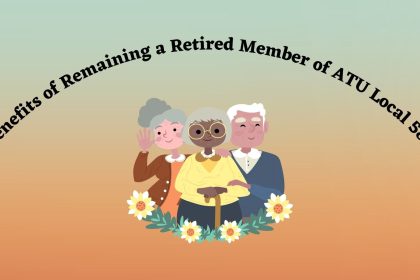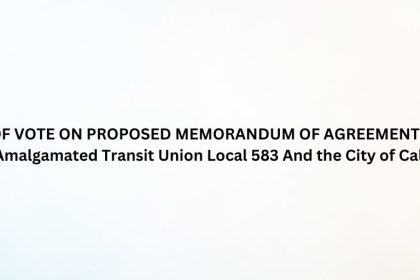The Occupational Health and Safety Act of 1972 (Saskatchewan) and the CCOHS
As you’re reading this, all working Canadians are protected by both Federal and Provincial labour codes dependant on the sector of work they are employed in. Labour Activists fought for these regulations to be in place. But did you know, that previous to the Occupational Health and Safety Act of 1972 (Saskatchewan), there were little to no protections for workers of this kind?
The OHS Act covers three worker rights:
1. The right to be informed of risks and dangers in the workplace
2. The right to participate in health and safety issues through a workplace committee
3. The right to refuse to perform dangerous work
While this was great news for those in Saskatchewan, the rest of Canada remained unchanged until 1978 when the Canadian Centre for Occupational Health and Safety was formed as a result of the Canadian Centre for Occupational Health and Safety Act (you can read more about that Act by clicking here) The act was based on the belief that all Canadians had “…a fundamental right to a healthy and safe working environment”.
(CCOHS)
CCOHS is a Federal departmental corporation reporting to the Parliament of Canada through the federal Minister of Labour, and is governed by a Council of Governors representing governments (Federal, Provincial and Territorial), employers, and workers; a structure that ensures an impartial approach.
CCOHS promotes health and safety in the workplace by:
• Facilitating consultation and cooperation among federal, provincial and territorial jurisdictions, and participation by labour and management;
• Assisting in the development and maintenance of policies and programs;
• Serving as a national Centre for information relating to occupational health and safety.
Today, Unions and labour activists continue the fight for safe work environments. An act passed in the late 1970’s is going to need modernization as the years go by. Employers are not simply going to continue to do what is best for workers. They would prefer to do what is best for their bottom line. Unions want what is best for the collective good. It is of particular interest to note that we have Members of this very union who started with Calgary Transit before 1972. Which means they started work before health and safety was something considered for workers.
We’ll end this blog with a promise; we will continue to push for better, safer regulations for our Members as we maintain gratitude for those activists who came before us. We will continue to seek out and support members of government who want safety to be paramount as well.










